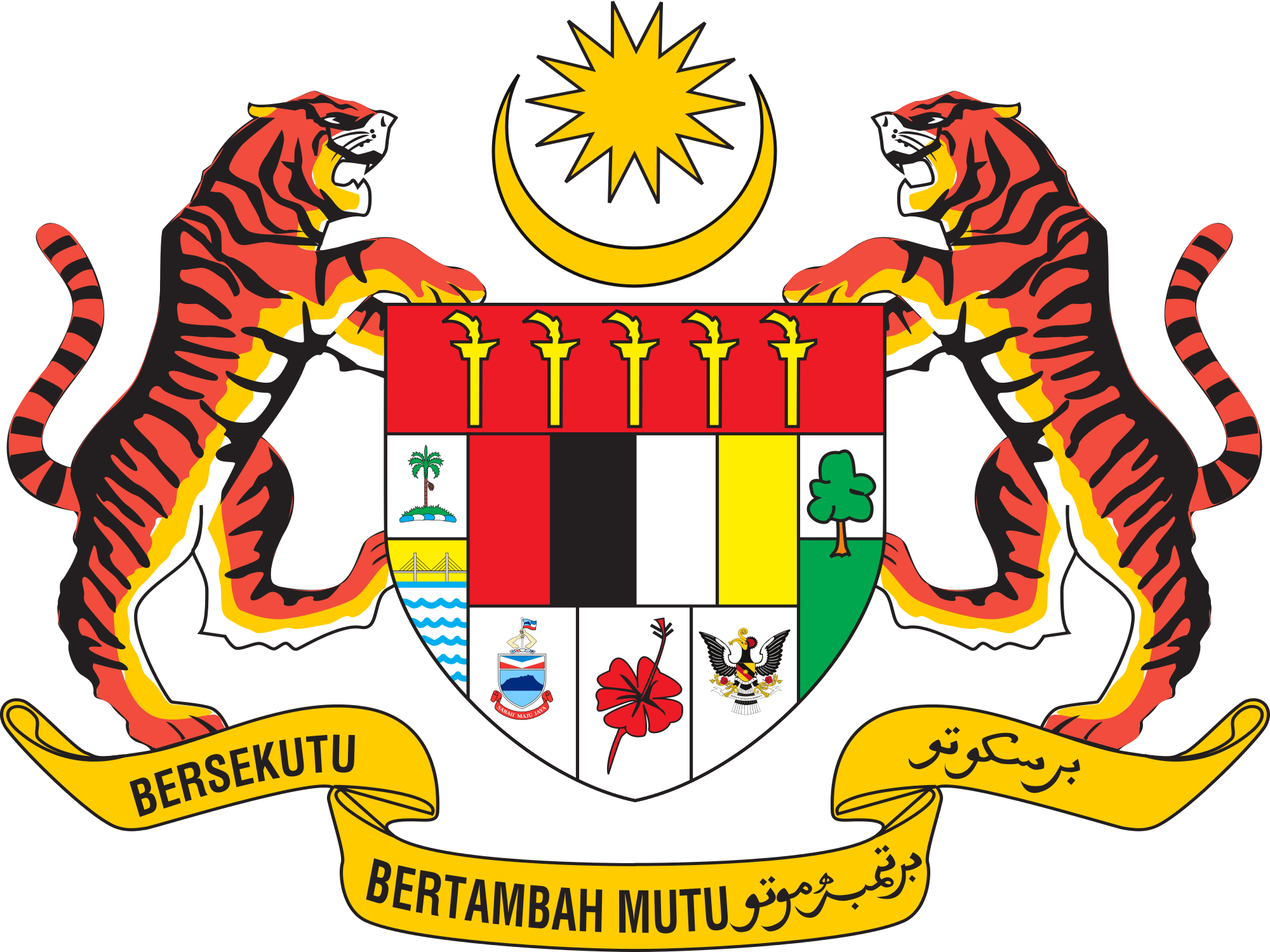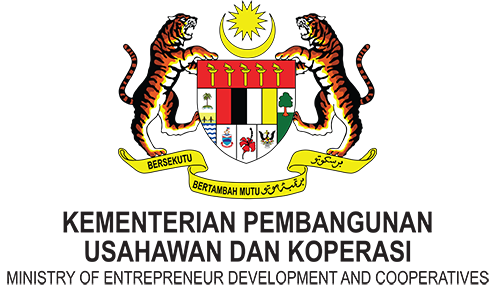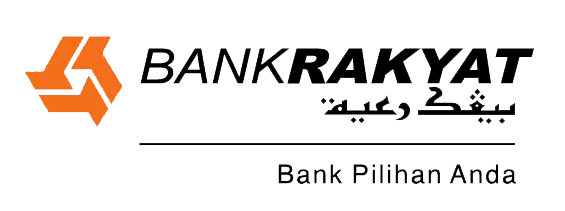
Expensive equipment: High cost of doing business remains a key obstacle in the day-to-day business operations of SMEs.
ACCESS to financing remains one of the main challenges for SMEs. But while the government has rolled out several initiatives to help them in this regard, small firms have noted that a lot of these efforts are not easily accessible.
For example, several companies have shared that their experience in applying for grants or programmes under SME Corp hasn’t been entirely smooth.
“Some of the programmes that were run previously include matching grant programmes to purchase new equipment to modernise and develop our business so that it will be able to generate more income.
“But SMEs are now suffering because as many as 1,000 companies which had applied for the funding (under SME Corp’s matching grant programme) are now unable to get the matching grant assistance which was promised to them when they had applied for it previously.
In its response to queries, SME Corp explained that there are two types of financing offered under its Business Accelerator Programme (BAP) 2.0, the matching grant and soft loan. It said the grant scheme under the programme was officially suspended in September 2018 and notice on the suspension of the grant portion was issued on its website.
“All related applicants were personally contacted by SME Corp officers to clarify the situation and options, ” it said.
However, some companies have noted that they have yet to receive any reply or confirmation from SME Corp. And Some, were only notified recently.
“We have technically applied for the grant application under BAP last September 2018. Our main objective is to purchase a large printing machine to improve our productivity. We have secured the loan facilities to purchase this machine and was waiting for SME Corp to let us know the status of our application.
“This delay is affecting our business and all we wanted was an answer. We have submitted all needed documents to them and we followed all the guidelines given by them correctly, ” said the managing director of a Klang-based printing company.
He adds that it only received a letter last month dated end-July 2019, notifying it that the funds for the matching programme have been exhausted and the company was advised to look at other options including a soft loan under SME Bank.
“Even though the grant has been suspended, the soft loan portion is still available at SME Bank with affordable interest rates, ” said SME Corp.
The total funds allocated for the BAP 2.0 initiative under RMK-11 is RM100mil for a period of five years. The funds are equally divided for the grant scheme and soft loan scheme. As the soft loan is a revolving fund, it is therefore still available, it said.
The BAP programme was initiated under the RMK-11. The government is currently planning to implement various SME development programmes under RMK-12, which is in line with the National Entrepreneurship Framework (DKN 2030).
“The DKN 2030 is a long-term entrepreneurial strategy of the country which outlines the objectives, targets and strategies as well as initiatives that will be implemented to develop an entrepreneurial ecosystem across all industry areas and encompass every level of entrepreneurs, SMEs and communities. This policy will also be the cornerstone of shaping Malaysia as an Entrepreneurial Nation by 2030, ” it added.
SME Corp noted that SMEs face a myriad of challenges from various angles, from access to financing, technology and innovation, market, human capital as well as regulatory issues through-out their business life-cycle.
High cost of doing business remains as one of the key obstacles in the day-to-day business operations among SMEs.
“This finding is supported by the Third Quarter 2018 SME Survey conducted by SME Corp, whereby about 56.4% respondents experienced an increase in operating cost. The cost hike was mainly due to higher cost of raw material and other inputs, higher electricity bill and charges as well as higher rental of business premises.
“It is common knowledge that access to financing is one of the important aspects in developing a business to assist SMEs. The government has put in place a comprehensive financing ecosystem to provide diversified funding options for SMEs from both public and private institutions, while continuing assistance in terms of soft loans, interest rebate, guarantee scheme and equity financing, ” it said.
SME Corp said it recently launched the SME Investment Partner Programme to enhance access to financing for SMEs, particularly those at an early stage — one to three years — through the provision of equity financing. The programme is a co-funding initiative between the government and private sector with the aim to crowd in private investors to invest into viable SMEs.
Under this programme, SME Corp has appointed partners who raise funds from private investors which will be matched by funds from the government through SME Corp.
“This pooled fund is being channelled into viable SMEs in the form of debt or equity or a hybrid of debt and equity. The programme is available for SMEs in all sectors including mainstreet firms that have strong high growth potential, innovativeness and in newly emerging areas, ” it said.






















